Take a look inside the French Institute for Scotland in Edinburgh’s Parliament Square
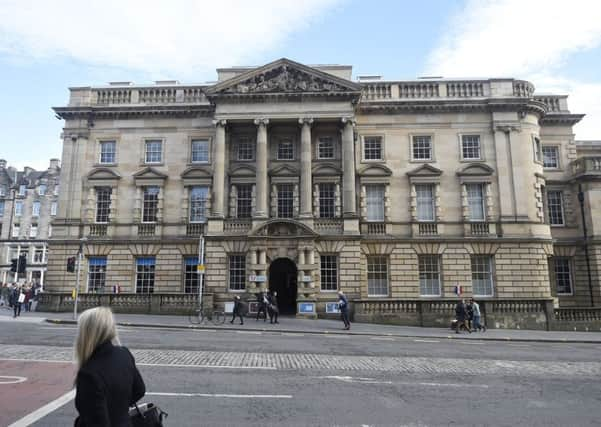

However, the move to Parliament Square just off the Royal Mile was said to be on “economic, not political grounds”. Regardless of the means, the new French Institute for Scotland, opened last year, takes French culture from the edge of city to the heart, bringing new enterprise and opportunity with it.
The new consulate boasts a library of more than 20,000 pieces of French literature, multiple pop-up cinema rooms, a 100-seat auditorium, a school for French and other European language, a traditional French café and an art gallery, to name a just a few of its offerings.
Advertisement
Hide AdAdvertisement
Hide AdVice-Consul Marie Vassalo views the link between the two nations as “something that’s very important for us and one of the main reasons we were offered this beautiful building; it’s a symbol of the importance of the relations between France and Scotland”.
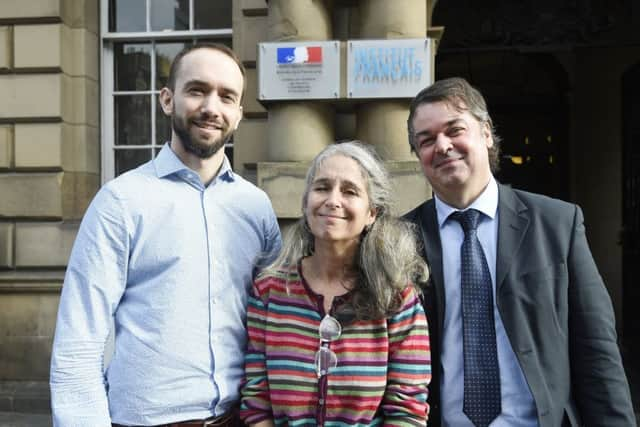

In the building, which for years functioned as Midlothian Council’s Chambers where many couples went to tie the knot, now flies the tricolour.
Daniel Boden, communications and cultural development officer of the French Institute, says: “We’re more central, more visible and we’re also more accessible. We have step free access both from George V bridge and West Parliament Square, so we no longer have limitations on what type of public can come here”.
It’s centrality means it is now able to take a more active role in bringing French culture to the core of the Capital. Having premises just yards from the hub of the world’s largest arts festival also helps.
Advertisement
Hide AdAdvertisement
Hide Ad“The French Institute has been involved with the Edinburgh International Festival basically since its inception in 1946,” says Daniel.
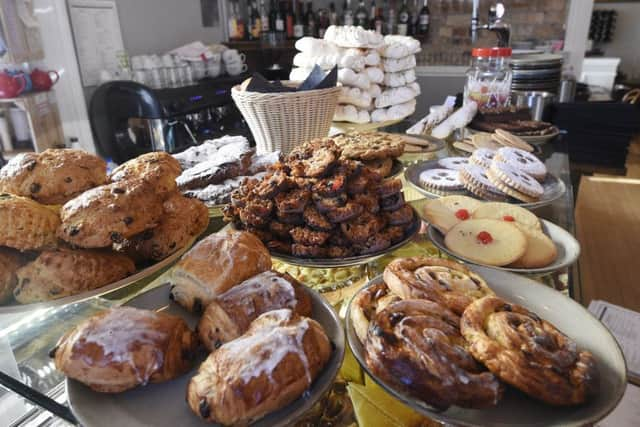

“One of the key interests of moving to this building is of course its centrality, the fact that we’re no longer in the West End but at the top of the Royal Mile right next to the Virgin Money street performance centre means you get a lot of foot-traffic coming in”.
Looking to the institute’s “Vive La Fringe” lineup this summer, Daniel says: “Our intention is to have a very strong French programme that is likely to have a focus on the intersection of digital technologies and performance and also a celebration of French cinematic history as well”.
The consulate runs year-round events promoting French and European culture, with their inaugural Harpsichord festival happening next month, French film screenings every week and space used for performances from the Royal National Symphony Orchestra.
Advertisement
Hide AdAdvertisement
Hide AdEducation attaché Philippe Sibeaud oversees the educational program run by the consulate. “Our two ministers of education have signed an agreement two months ago which is about the exchanges of knowledge, practices and pedagogy between the two countries and for us it’s very important to maintain this very rich co-operation”, he says.
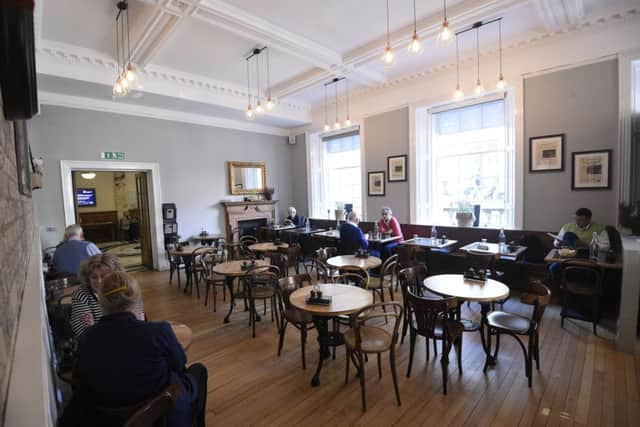

Its language school sees 1,500 students per year learning French and other languages with access to a vast library, lectures and reading groups.
Daniel says all the classrooms in the consulate are “fitted out with the appropriate technology and material so that we can teach French as well as possible to the public here in Scotland”.
Days after the opening of a new Scottish Government office in Paris and on the eve of the two countries’ Six Nations clash, the Auld Alliance – which Vice-Consul Vassalo describes as “an unexplainable element that draws the two countries together” – remains as existent as it ever has.
Advertisement
Hide AdAdvertisement
Hide AdThe 125-year lease on this imposing structure opposite St Giles’ Cathedral is a testament to the long-lived alliance.
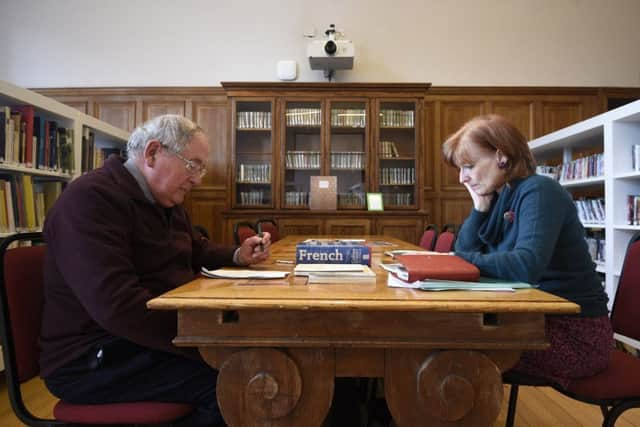

Daniel says a relationship lasting seven centuries speaks for itself: “The proof is in the pudding in the fact that it is a 700-year thing that is still remembered and just the fact that its evoked means that it does hold significance”
On the fate of France at tomorrow’s rugby match, he says:“Sport is in many ways on equal footing with culture in terms of an export. All I can say is we won the world cup, but I can’t say anything about this weekend.”
The original Midlothian County building on the same site as the new Institute was built between 1816 and 1819, designed by Archibald Elliot, inspired by the temple of Erechteus in Athens. It was razed and rebuilt by James MacIntyre Henry between 1899 and 1904; the Athenian aesthetics were lost and a third floor was added, the end result being the building seen on Parliament Square today.
Advertisement
Hide AdAdvertisement
Hide AdFor nearly 200 years, the Chambers were occupied by Midlothian Council and the space was often used as a registry office, providing a central, memorable venue for newly-weds.
In 2017, when the council announced it would be departing from the historic building – on the grounds that it would save them £173,000 a year – several bids were made from potential new tenants.
The Church of Scientology showed interest in occupying the premises, as well a casino, however, the decision was made to make the Chambers Scotland’s new “House of France” and the consulate moved from Randolph Crescent in Edinburgh’s West End.
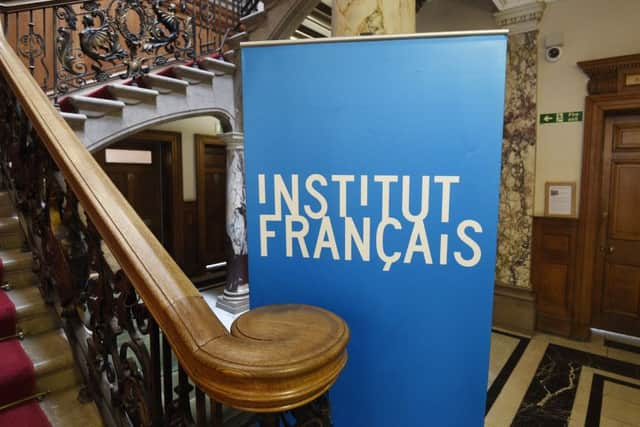

A 125-year lease was signed, and to manage with the cost of leasing the property, the consulate said it would sublet parts of the building to arts organisations. The opening of the new Institut Français D’ecosse starts a new chapter in the history of this impressive structure.